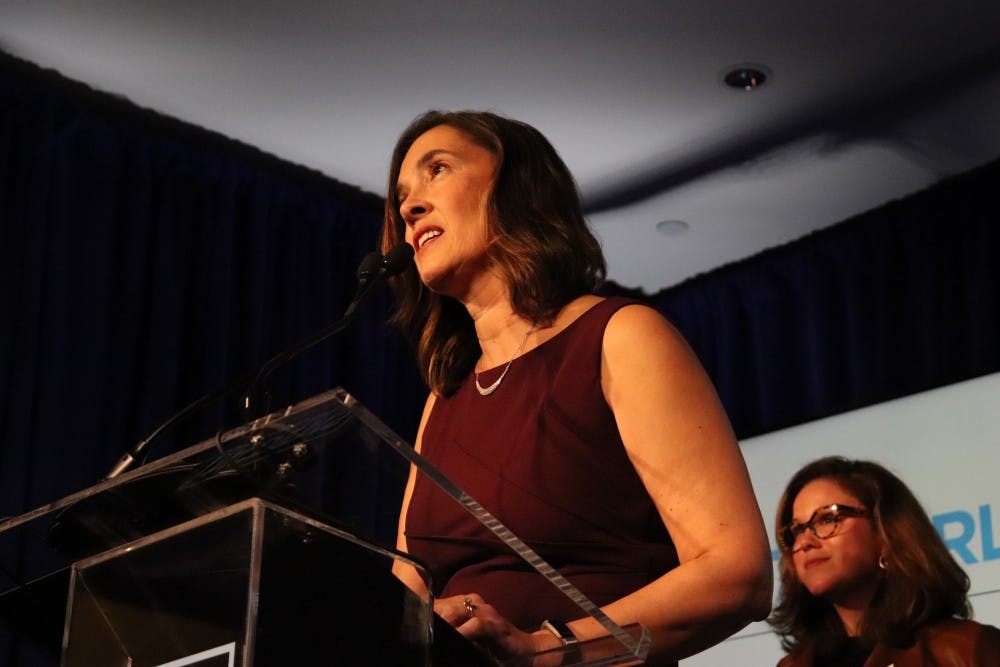Anita Earls, an associate justice on the N.C. Supreme Court, sued the N.C. Judicial Standards Commission in federal court on Aug. 29 because it opened an investigation into her comments on diversity in the state court system.
The commission opened its investigation on Earls on Aug. 15 after she criticized the lack of diversity in parties who argue before the court and in judicial clerks in an interview with Law360, a legal news website. More than 72 percent of advocates before the court in 2021 and 2022 were men, and more than 91 percent were white — both more than 20 percent higher than the state population. According to the notes in her lawsuit, she was careful to point out that this lack of diversity was not the result of malicious intent.
“Our court system, like any other court system, is made up of human beings," Earls said in the article. "And I believe the research that shows that we all have implicit biases.”
Earls, the only Black woman and soon to be the only sitting Democrat on the court, also criticized the elimination of racial equity and implicit bias training in state courts and the interruption of women during court proceedings, including herself.
Her comments, the commission said, potentially violated the portion of the state judicial code of conduct that requires justices to act in a way that promotes public confidence in the impartiality of the court.
"It is Justice Earls’ position that public confidence in the judiciary is compromised when the court system does not reflect the population it serves and is not promoted, as one court striking down a sanction levied against a judge who criticized the court system put it, 'by casting a cloak of secrecy around the operations of the courts,'" the lawsuit said.
Earls' suit is based largely on First Amendment grounds. She argued in the suit that her interview criticizing the court is protected political speech, and that investigations into her comments have caused a chilling effect — she has since turned down opportunities to write and speak publicly on court diversity for fear of being disciplined by the commission.




